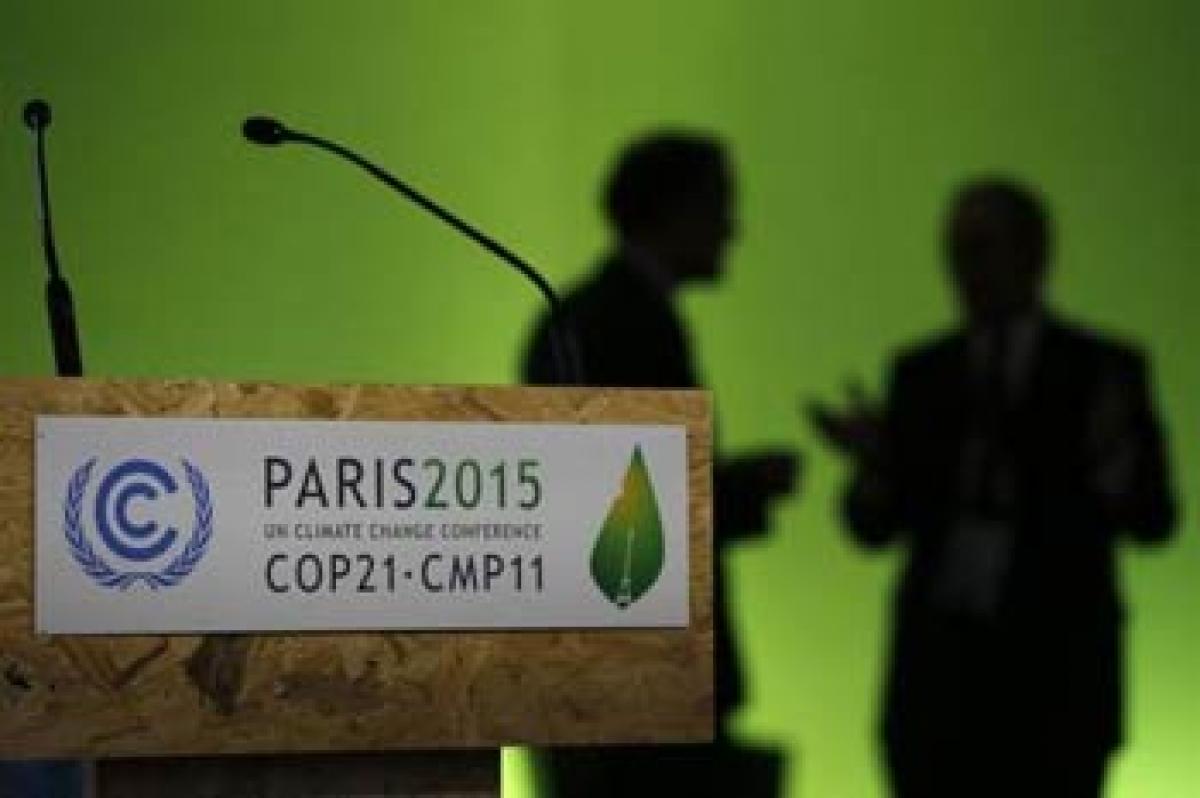Live
- Indian students' concerns about employment, safety, and visas discourage them from applying to UK universities
- Candlelight Concerts Makes a Dazzling Debut in Hyderabad with Sold-Out 'Tribute to Coldplay' Show
- Shubman Gill Sustains Thumb Injury Ahead of Perth Test; Devdutt Padikkal Joins Test Squad
- Unlock Loot Boxes, Diamonds, Skins, and More Exciting Rewards with Garena Free Fire Max Redeem Codes for November 16
- Regarding the DOGE Plan, Vivek Ramaswamy stated, "Elon Musk and I Will Take a Chainsaw to Bureaucracy"
- Sudanese army says repulsed paramilitary forces attack in western Sudan, killing over 80
- Jaipur Open 2024: Baisoya makes a grand comeback to clinch title in marathon playoff against Rashid Khan
- Jamaat-e-Islami Hind President asks cadre to reach out to larger society beyond community
- Why PM mum on Caste Census, removing 50 pc quota limit: Rahul Gandhi
- Barrackpore Municipality Vice-Chairman found dead at home, suicide note suggests blackmail





.jpg) Back in 2009, many had hoped for a sweeping treaty to cut the greenhouse gas emissions that are changing the climate. This time, nearly 200 countries will choose their own policies in the hope of binding both rich and poor into the effort to combat global warming. With negotiations set to close on December 11, two alternative draft texts are circulating, which all nations agreed on Friday to accept as the basis for talks.
Back in 2009, many had hoped for a sweeping treaty to cut the greenhouse gas emissions that are changing the climate. This time, nearly 200 countries will choose their own policies in the hope of binding both rich and poor into the effort to combat global warming. With negotiations set to close on December 11, two alternative draft texts are circulating, which all nations agreed on Friday to accept as the basis for talks. 



